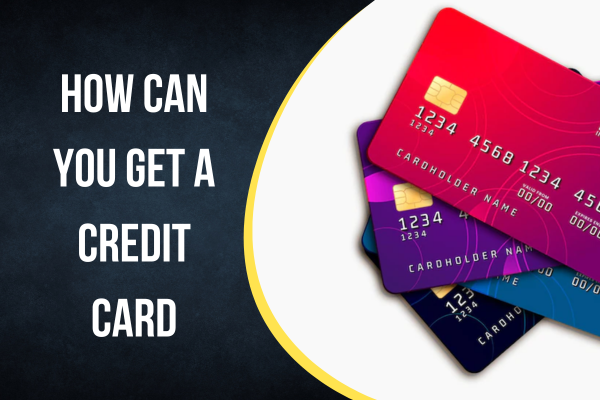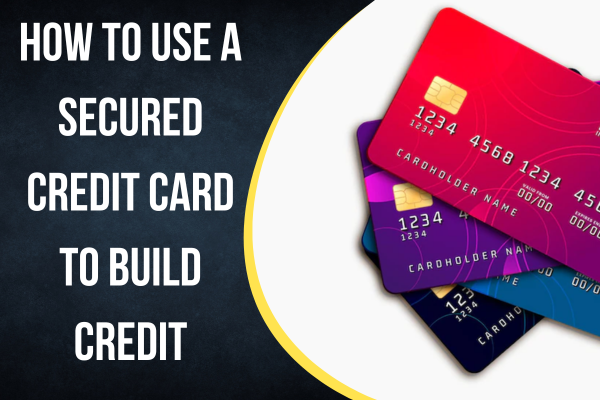Credit cards have become an integral part of our financial lives, offering convenience and flexibility for making purchases. However, it’s crucial to understand how credit card interest works to avoid potential financial pitfalls. By comprehending when and how interest is charged on your credit card, you can make informed decisions and manage your finances more effectively.
When Does Interest Get Charged on Credit Card
Billing Cycle and Grace Period:
Credit card interest is typically charged when you carry a balance from one billing cycle to the next. A billing cycle is the time between consecutive statements, usually lasting around 30 days. Most credit cards offer a grace period, which is the time between the statement closing date and the payment due date. During the grace period, if you pay your balance in full, you can avoid paying any interest charges.
Revolving Credit:
Credit cards operate on a revolving credit system, meaning you have a credit limit that you can utilize up to the available amount. Each month, you can carry a balance on your card by paying the minimum payment or any amount less than the full outstanding balance. However, the remaining balance rolls over to the next billing cycle, and interest begins to accrue on the unpaid portion.
Annual Percentage Rate (APR):
The Annual Percentage Rate (APR) represents the cost of borrowing money on a yearly basis, including interest and fees. Credit cards have different APRs based on factors such as creditworthiness and the type of transaction (e.g., purchases, cash advances). The APR is an important factor in determining the amount of interest you’ll be charged if you carry a balance on your credit card.
Calculation of Interest:
To calculate the interest charged on your credit card, most issuers use an average daily balance method. They sum up your outstanding balances each day during the billing cycle and divide it by the number of days in the cycle. Then, they multiply the average daily balance by the daily periodic rate (APR divided by the number of days in a year) to determine the interest charged for that billing cycle.
Cash Advances and Balance Transfers:
It’s important to note that credit card interest is typically charged immediately on cash advances and balance transfers. Cash advances refer to withdrawing cash from your credit card, usually with higher interest rates and additional fees. Balance transfers involve transferring an existing debt from one credit card to another. Be aware of the terms and conditions associated with these transactions, as they often attract higher interest rates and may lack a grace period.
Late Payments:
If you fail to pay at least the minimum amount due by the payment due date, not only will you incur late fees, but your credit card issuer may also increase your APR. This penalty APR can be significantly higher than your regular APR, making it crucial to make timely payments to avoid unnecessary interest charges.
Read:-
- How to Transfer Amount from Credit Card to Bank Account
- Why Do Some Places Not Accept American Express
- Why is My Card Not Supported on Cash App
Interest is charged on a credit card when you carry a balance from one billing cycle to the next. This means that if you don’t pay off your entire balance by the due date, you’ll be charged interest on the remaining amount.
The amount of interest you’re charged will depend on your credit card’s APR (annual percentage rate). APR is a measure of the cost of borrowing money, and it’s expressed as a percentage. For example, if your APR is 18%, you’ll be charged 18 cents for every dollar you carry as a balance.
There are a few ways to avoid paying interest on your credit card. One way is to pay off your entire balance by the due date. Another way is to take advantage of a 0% APR introductory offer. These offers typically last for a period of 12-18 months, and during that time you won’t be charged interest on purchases made with your card.
If you can’t pay off your entire balance by the due date, it’s important to make at least the minimum payment. The minimum payment is typically a small percentage of your balance, and it won’t cover the full amount of interest you owe. However, making the minimum payment will help you avoid late fees and damage your credit score.
Here are some tips for avoiding interest on your credit card:
- Pay your bill in full each month.
- Take advantage of 0% APR introductory offers.
- Make at least the minimum payment each month.
- Avoid carrying a balance from month to month.
By following these tips, you can save money on interest and improve your credit score.
Here are some additional things to keep in mind about credit card interest:
- Interest is charged daily, so the longer you carry a balance, the more interest you’ll pay.
- Interest is calculated on the outstanding balance, which includes the original purchase amount plus any interest that has accrued.
- You can’t earn rewards, such as cash back or travel points, on purchases that are subject to interest charges.
If you’re struggling to pay off your credit card debt, there are a few resources that can help. You can talk to your credit card issuer about a payment plan or deferment. You can also consider a debt consolidation loan or credit counseling.
Learn:-
- Balance Transfer Cards for Poor Credit
- Why Did the Atm Retained My Card
- Why is My Credit Card Being Declined
Conclusion:
Understanding when and how credit card interest is charged empowers you to make informed financial decisions. By paying your credit card balance in full within the grace period, you can avoid interest charges altogether. However, if you carry a balance from one billing cycle to the next, interest will be applied based on the average daily balance method. Stay aware of your credit card’s terms and conditions, including the APR, grace period, and potential fees, to manage your finances responsibly and minimize the impact of interest charges.





Leave a Reply